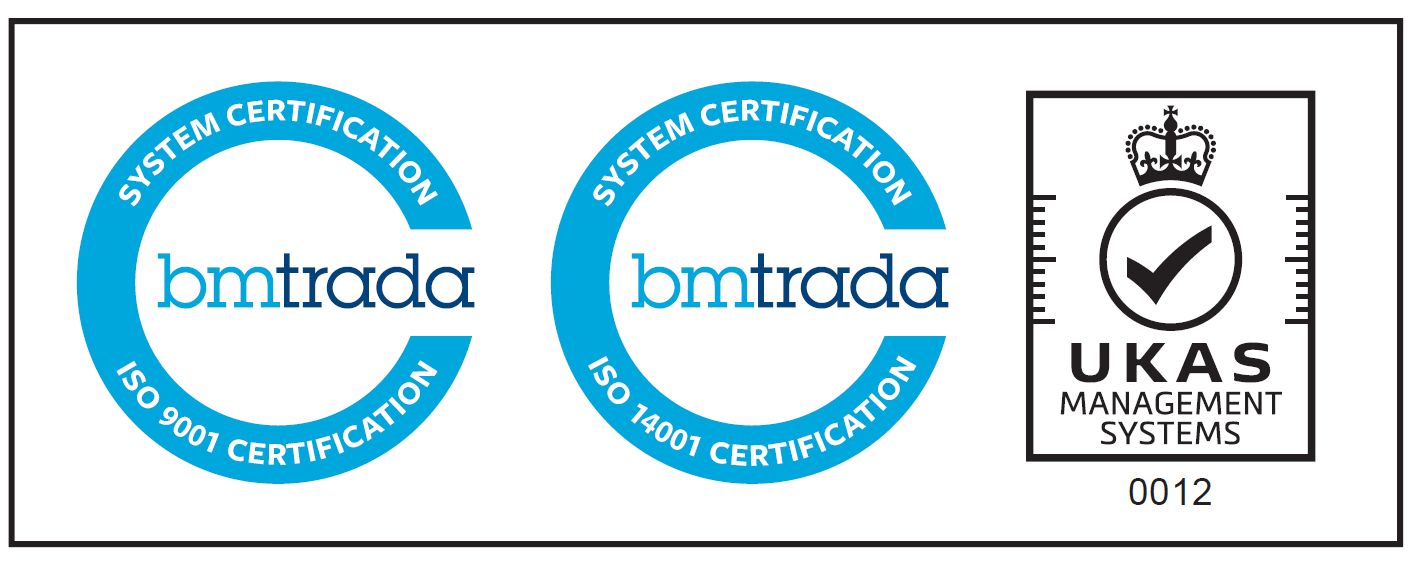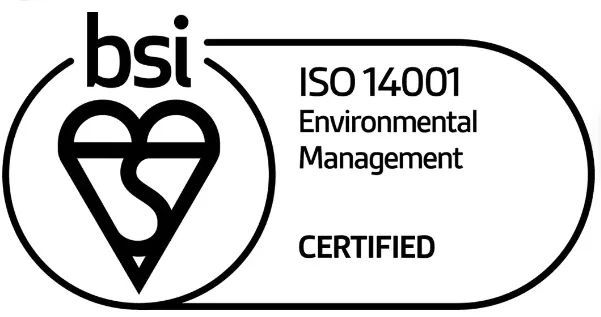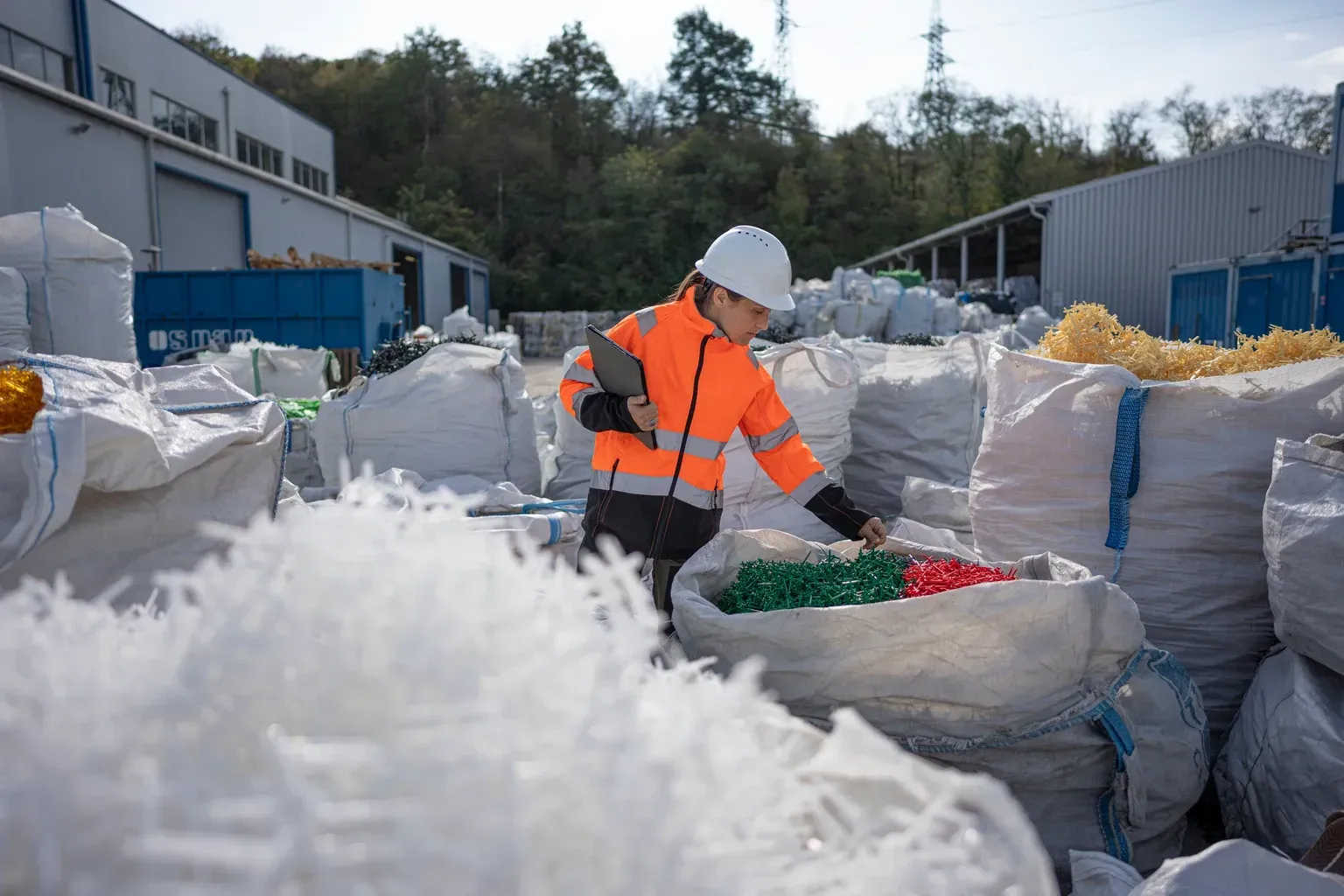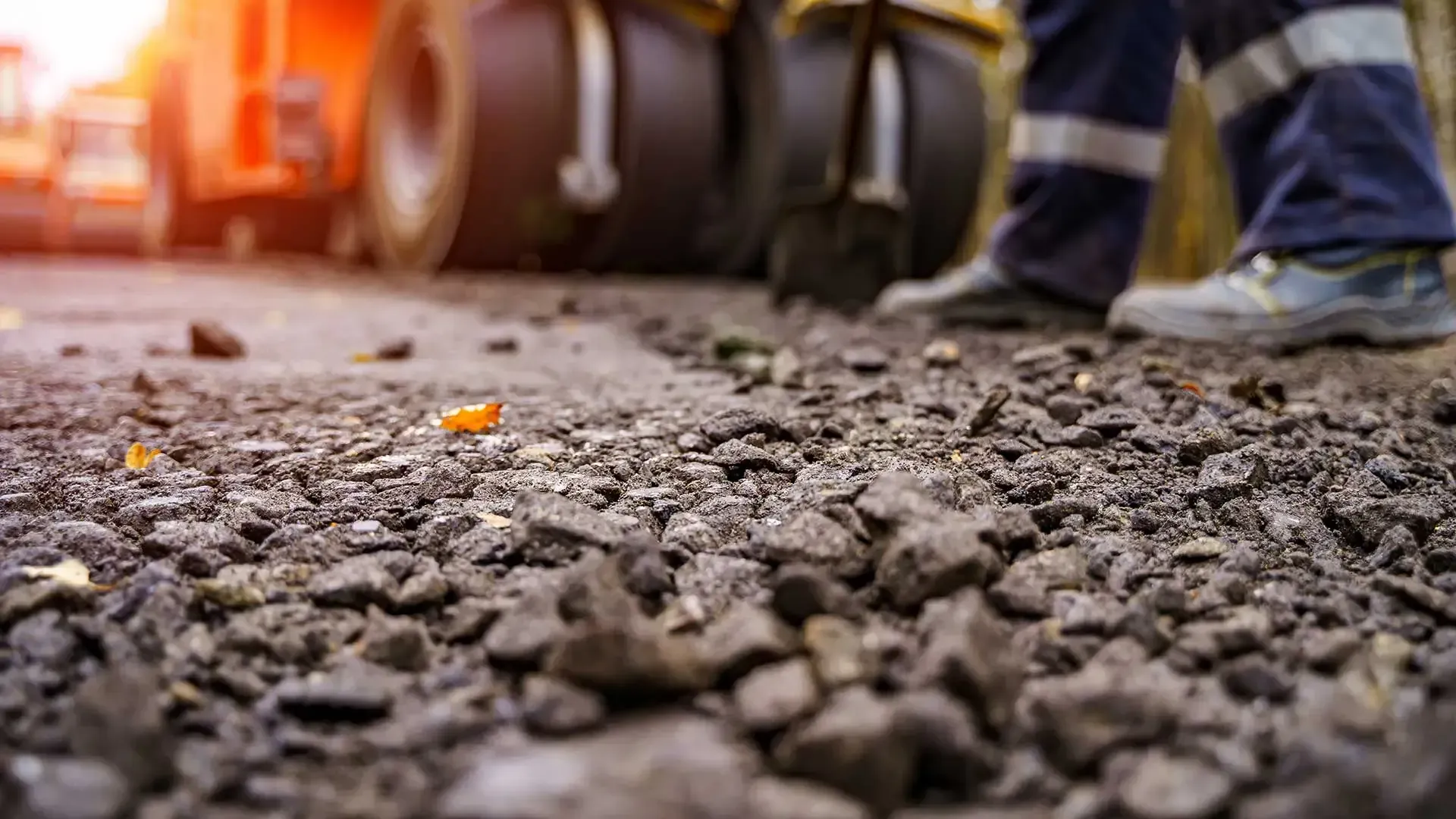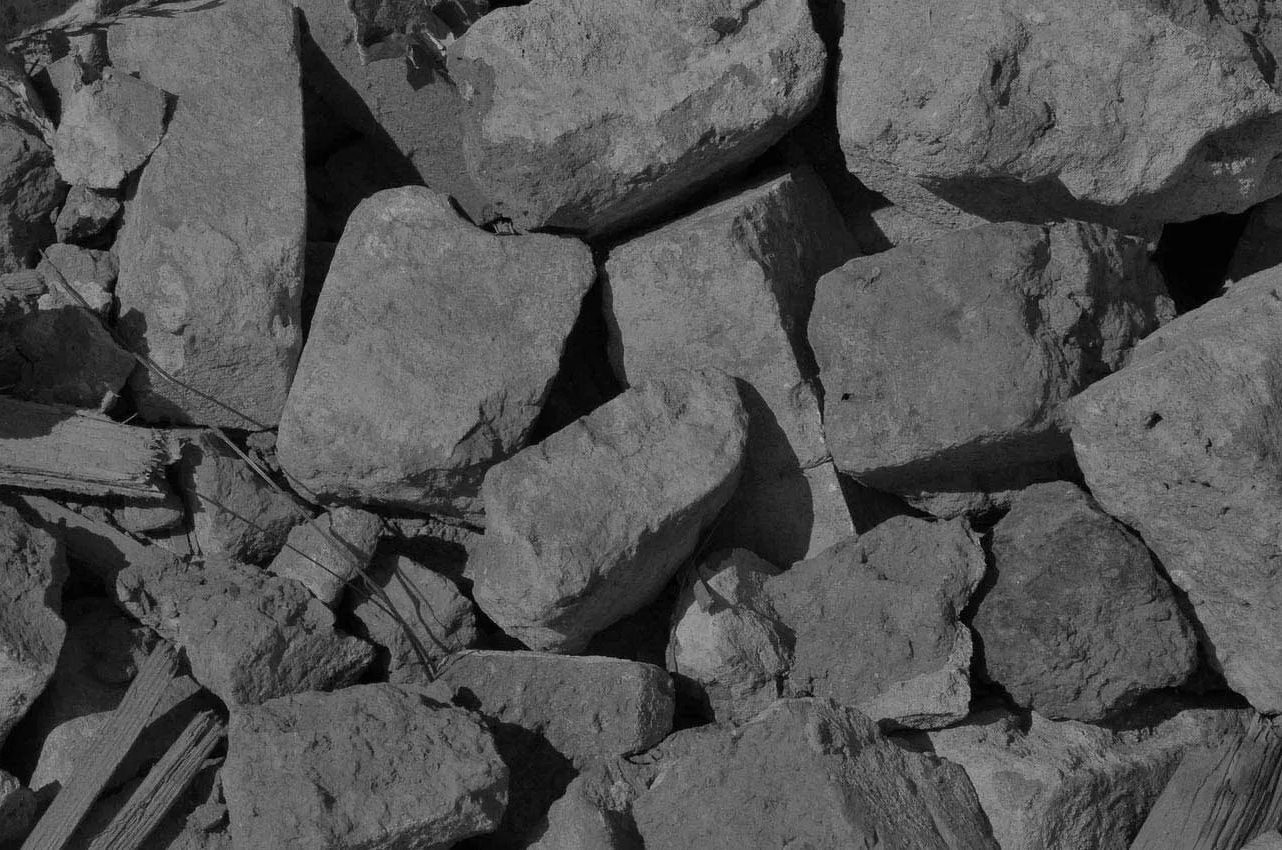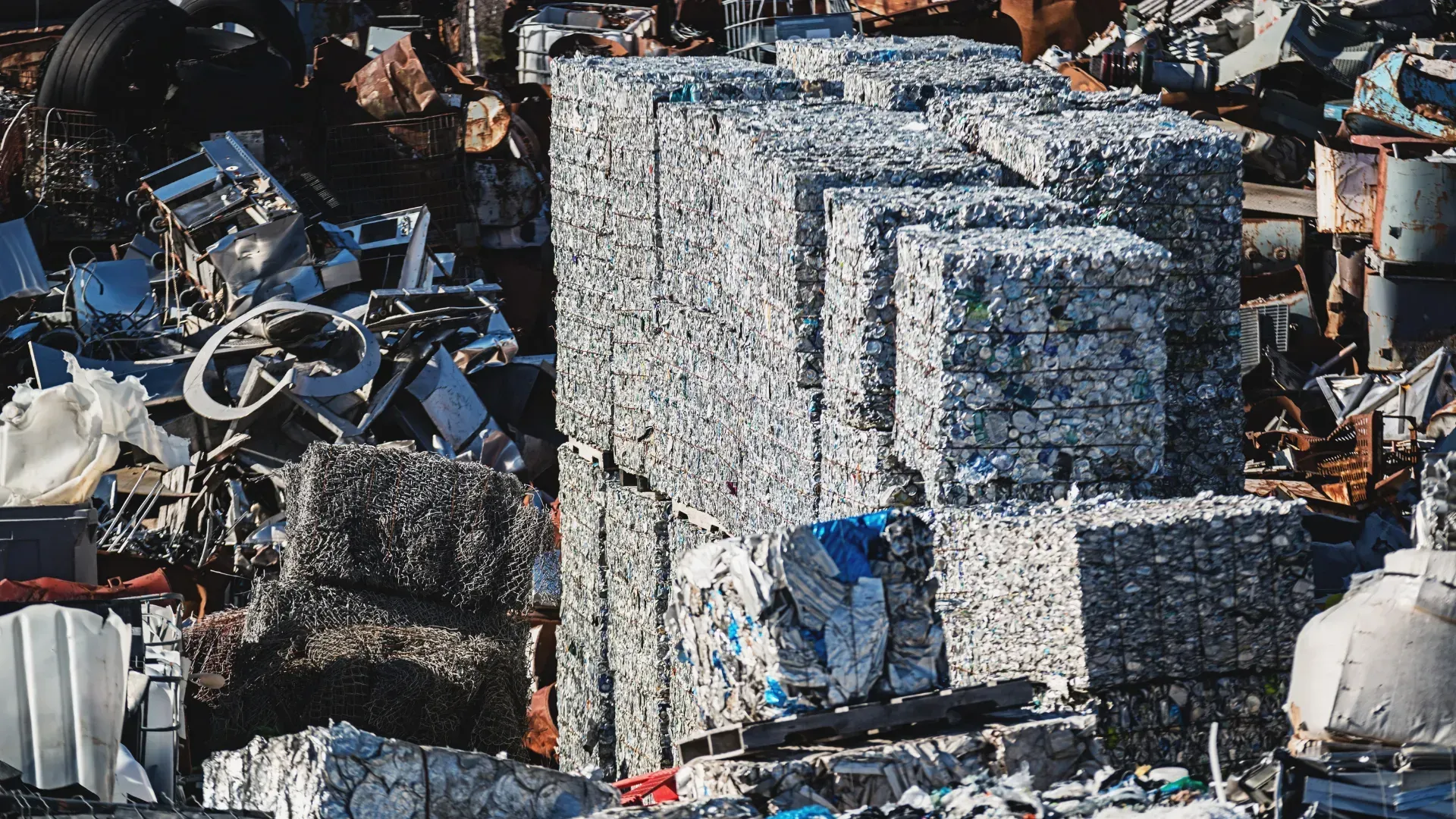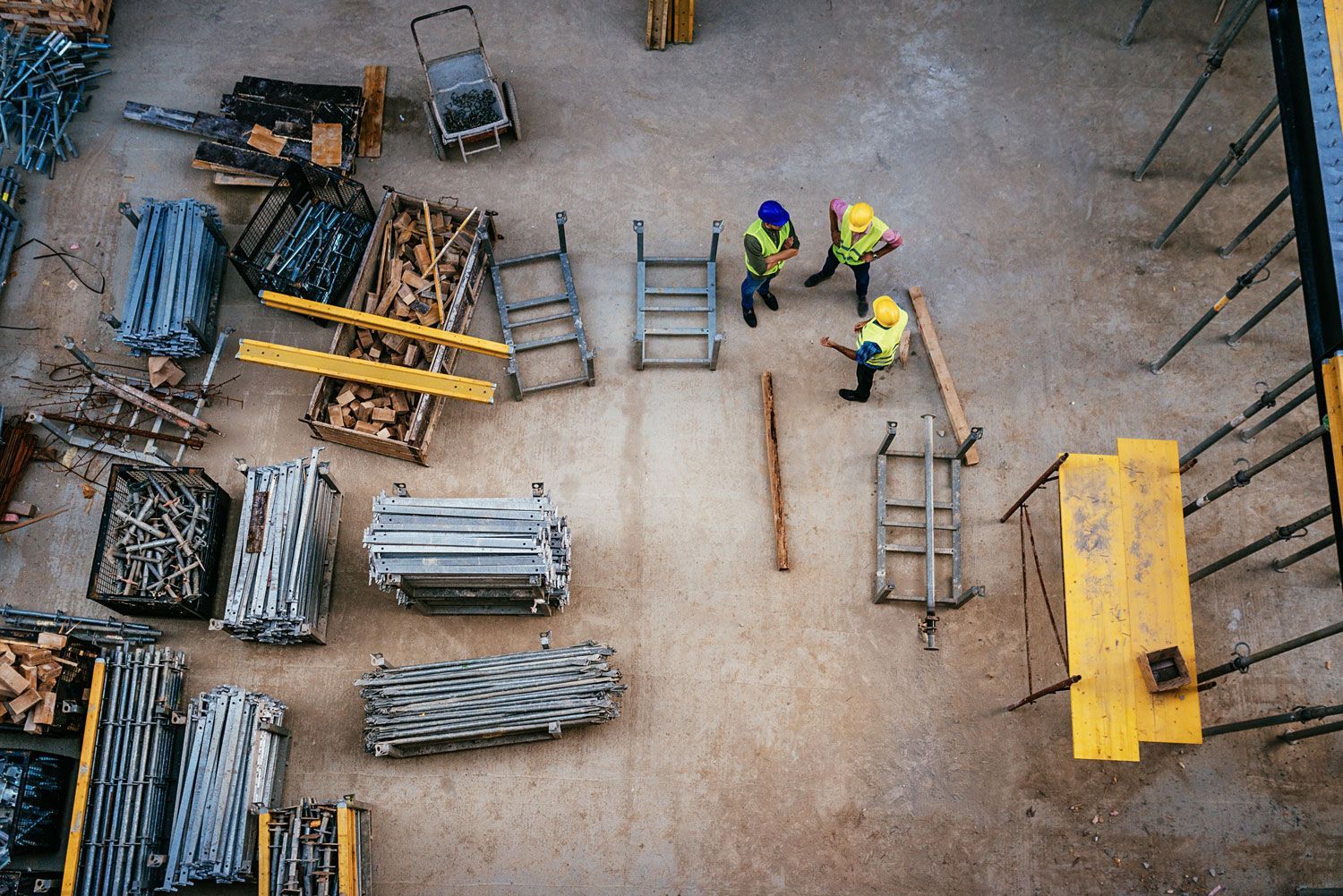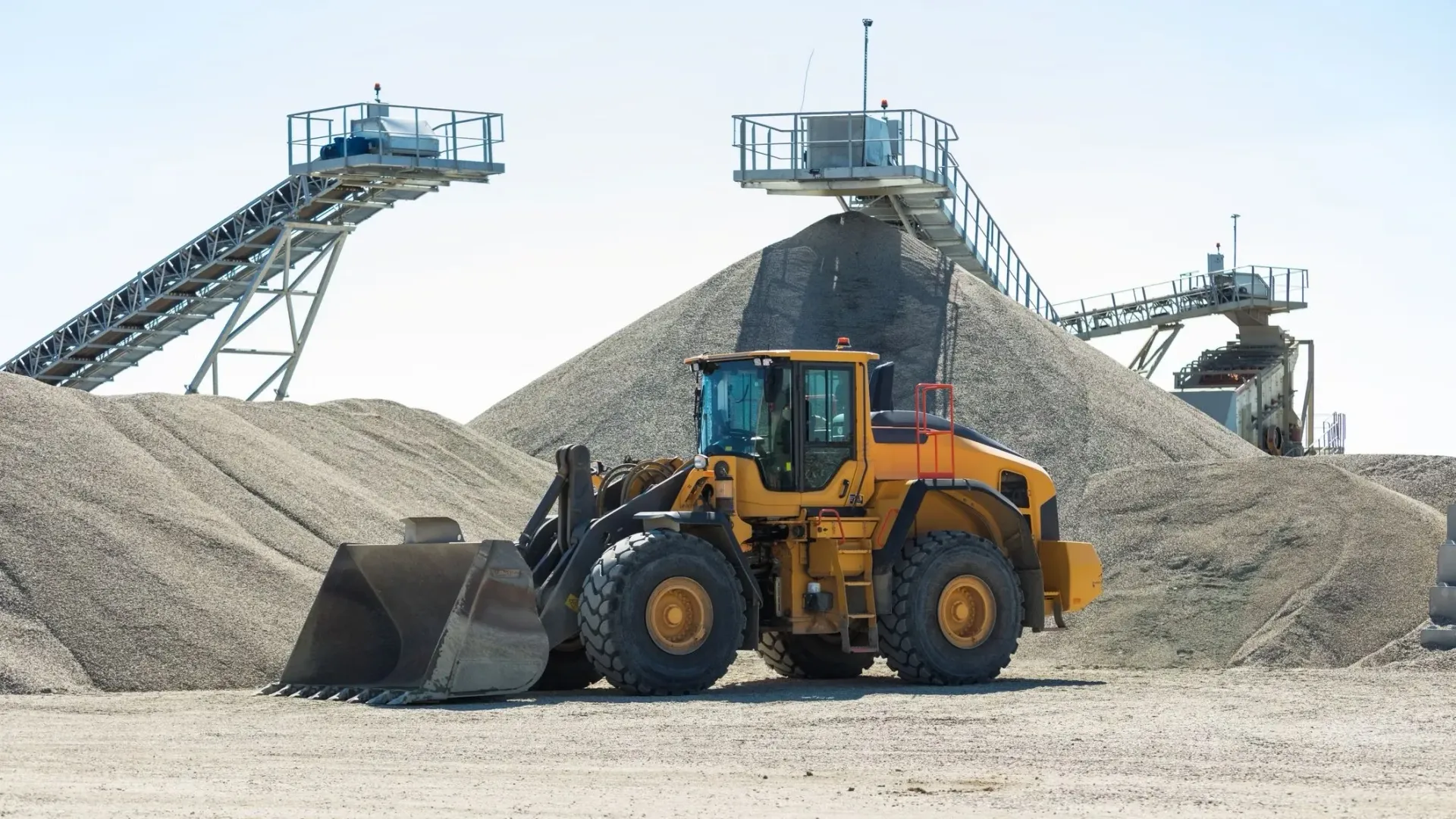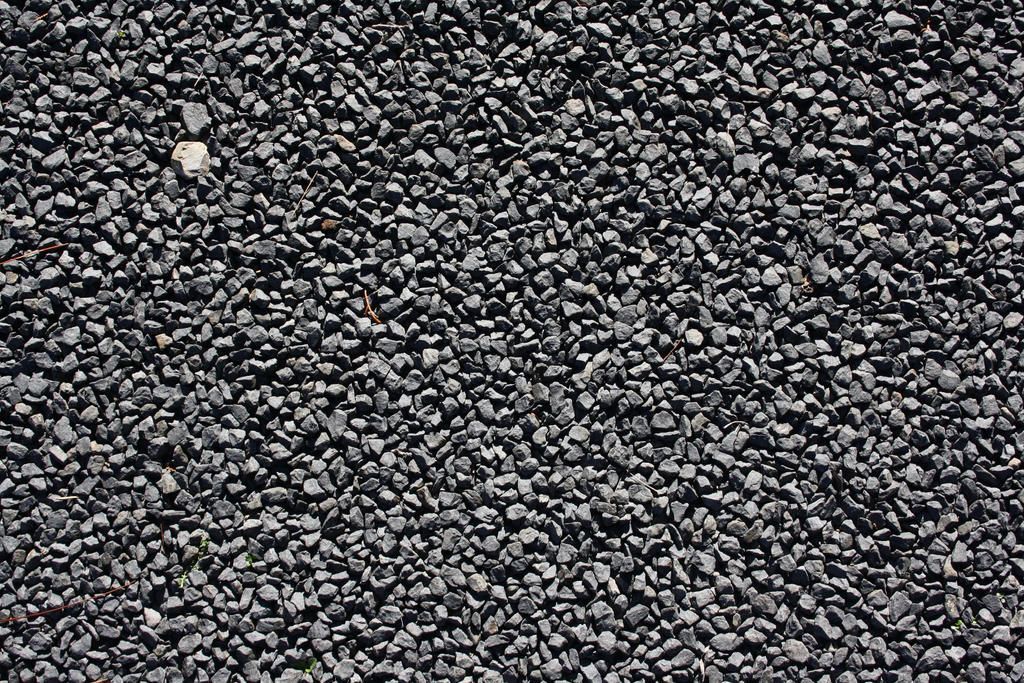The Role of Recycled Aggregates in Sustainable Construction
With growing concerns over environmental impact and the depletion of natural resources, the demand for sustainable building materials continues to rise. Among these materials, recycled aggregates have become essential in green construction practices. These materials, derived from demolition and construction waste, help reduce the carbon footprint of construction projects, offering both environmental and cost benefits.
This article explores the role of recycled aggregates in sustainable construction, their applications, the quality control process, and why businesses are increasingly embracing these eco-friendly alternatives.
What Are Recycled Aggregates?
Recycled aggregates are materials derived from repurposed construction and demolition waste. These typically include materials like recycled concrete, recycled gravel, and crushed brick or asphalt. They can be processed and reused for new construction projects, significantly reducing the environmental impact of material sourcing.
The recycling process begins by collecting waste materials from demolished buildings, roads, or old pavements. These materials are sorted, cleaned, and crushed to create aggregates that can be used in the same way as natural resources such as sand, gravel, and stone.
A key example is recycled concrete, produced by breaking down old concrete from demolished structures. Similarly, recycled gravel is made from crushed rocks or other materials once used in road construction. The advantage of these materials is their ability to be processed into usable aggregates, reducing the need to extract fresh resources and promoting a circular economy.
The Applications of Recycled Aggregates in Construction
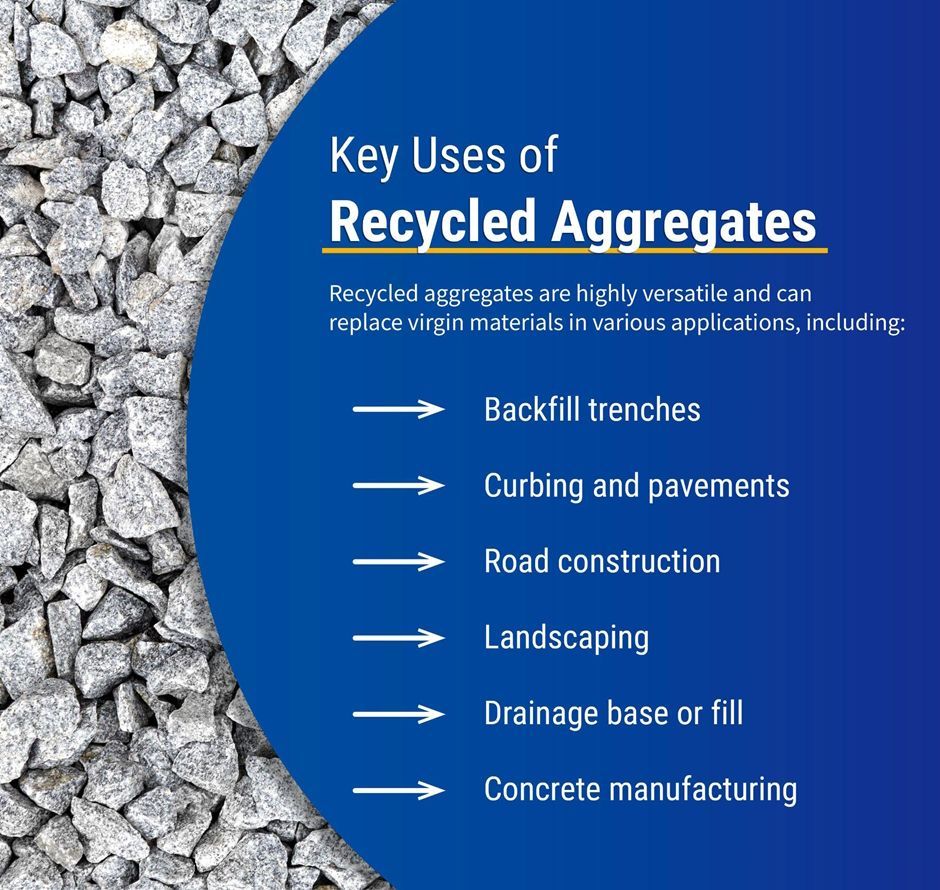
The uses of recycled aggregates span a wide range of construction projects, from residential buildings to large-scale infrastructure. One common use is in road construction, where recycled gravel serves as a sub-base material for roads, driveways, and pathways. This provides a cost-effective and eco-friendly alternative to virgin gravel.
Recycled concrete also finds many applications, including the construction of pavements, curbs, and other concrete structures. It is particularly useful for foundations and backfill in excavations. Thanks to its durability, recycled concrete is a reliable material for both residential and commercial projects, as well as civil engineering developments.
Recycled aggregates are also often used in drainage systems. Their permeability makes them ideal for preventing water accumulation and erosion. These materials allow water to flow through them, preventing flooding and contributing to better infrastructure. Moreover, recycled aggregates are increasingly being used in landscaping. Crushed recycled materials can create decorative aggregates, gravel paths, and even be used as fill for raised garden beds.
By using recycled aggregates, construction projects can lower their environmental impact while maintaining functionality and aesthetics. Their versatility ensures that these materials can be incorporated into numerous aspects of the construction process, benefiting both the project and the environment.
Quality Control in Recycled Aggregates
Ensuring the quality of recycled aggregates is essential for meeting the standards required in construction. Unlike natural aggregates, which are generally consistent in quality, recycled aggregates must undergo a thorough processing and quality control procedure to ensure they are free from contaminants and meet the necessary strength and durability.
The process begins with screening, where waste materials are sorted to remove oversized particles. Once sized, they undergo metal removal, using magnets to extract scrap metals such as nails, wires, and steel rods, ensuring the aggregates are clean and suitable for use. The materials are then rinsed and separated into two fractions: coarse gravel (4mm to 40mm) and fine sand (0mm to 4mm).
Coarse gravel is scrubbed in a log washer to remove any remaining contaminants, after which it is graded into specific sizes (4-10mm, 10-20mm, 20-40mm). Meanwhile, fine materials like sand are processed through hydro cyclones to separate sand from silt and clay. The clean sand is then dewatered, graded, and stockpiled, while the silt and clay are removed in the water system.
A water recycling system is integrated into the process, where clean water is filtered, recirculated, and used to reduce water waste. Any remaining silt and clay are compressed into an impermeable cake via a filter press, ensuring that only high-quality, environmentally safe materials remain.
In the UK, recycled aggregates must comply with standards such as BS EN 13242:2002, which ensures they meet the necessary technical specifications for construction use. To guarantee quality, these materials undergo rigorous testing, including assessments of particle size distribution, strength, and contamination levels, ensuring they meet the specific requirements for various construction applications.
At Thompson Quarries, we source our materials from trusted suppliers, rigorously test them, and ensure they meet these industry standards, offering clients high-quality recycled aggregates that are safe, durable, and fit for purpose.
The Benefits of Using Recycled Aggregates in Construction
Using recycled aggregates in construction brings a range of benefits, making them an attractive choice for both cost-conscious and environmentally aware projects.
Environmental Impact
One of the primary advantages of recycled aggregates is their positive environmental impact. By using materials that have already been processed and are available as waste, construction projects reduce the need for newly extracted resources. This helps conserve natural materials like sand, gravel, and stone, which are increasingly being depleted due to overuse.
Additionally, using recycled aggregates reduces the volume of construction waste sent to landfills, helping to combat the growing issue of waste disposal.
Lower Carbon Footprint
Using recycled aggregates also lowers the carbon footprint of a construction project. The extraction, transportation, and processing of natural aggregates require significant energy and resources. In contrast, recycled aggregates typically require less energy to process and transport, leading to lower carbon emissions. This is especially important for large-scale projects, where the carbon emissions associated with material procurement can be significant.
Cost Savings
Another compelling reason for the growing use of recycled aggregates is their cost-effectiveness. Traditional building aggregates come with high extraction and transportation costs. Recycled aggregates, on the other hand, are typically more affordable, offering substantial savings on material costs. This makes them an attractive option for both private and public sector construction projects, especially in today’s economy, where cost efficiency is a priority.
Why More Businesses Are Turning to Sustainable Alternatives
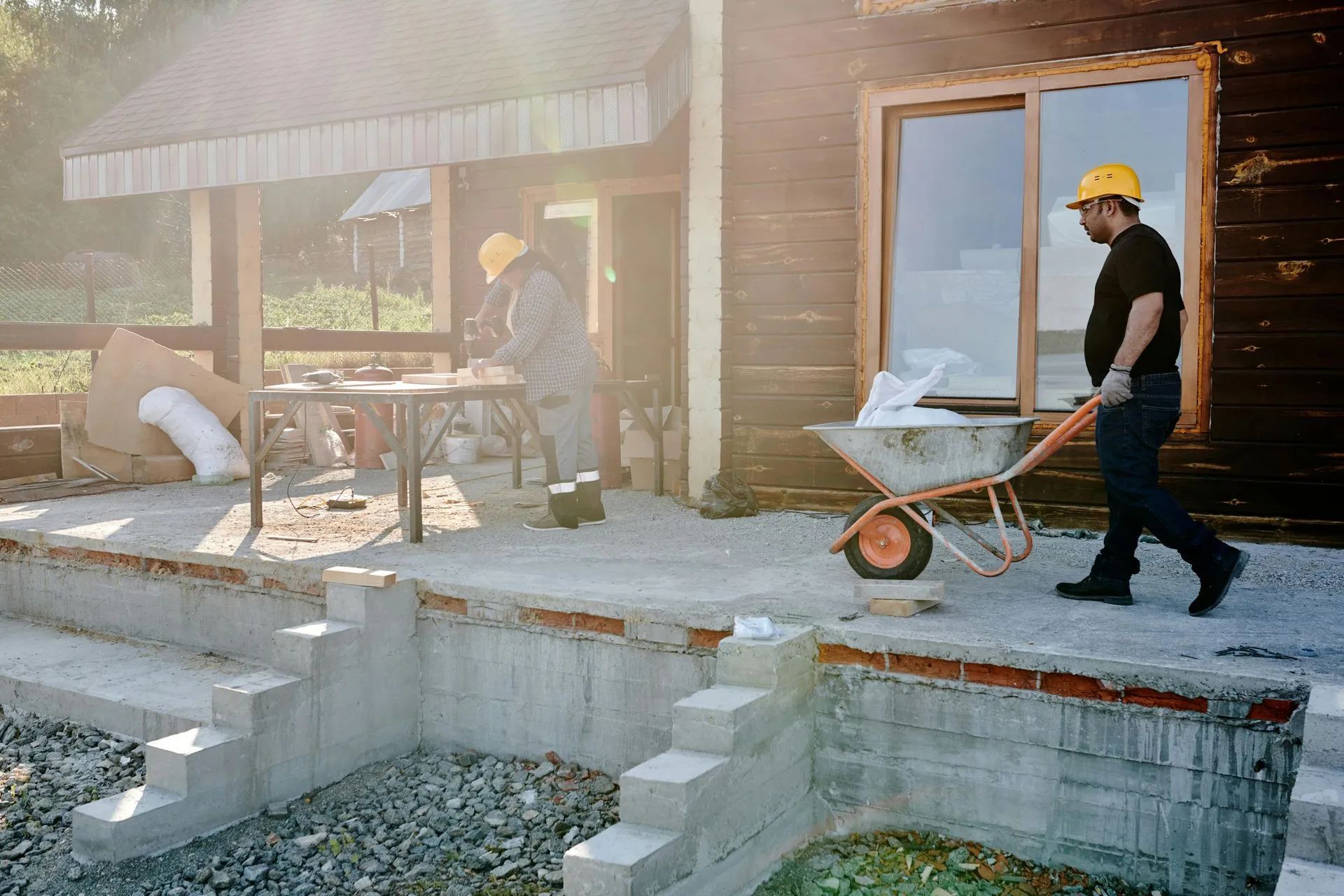
The construction industry is increasingly shifting towards recycled aggregates due to the growing demand for sustainable building practices. Businesses are adopting these materials not only for the environmental benefits but also for the cost savings they offer. As awareness of environmental issues grows, construction companies are being held accountable for their sustainability practices.
Incorporating recycled aggregates into construction projects helps businesses demonstrate their commitment to sustainability, which is becoming increasingly important in a competitive market.
Furthermore, many construction projects are now required to meet stringent environmental regulations and certifications, such as BREEAM (Building Research Establishment Environmental Assessment Method). Using recycled aggregates can help projects achieve these certifications, enhancing their appeal to environmentally conscious clients.
High-Quality Aggregates for All Your Construction Needs
At Thompson Quarries in Dumbarton, we provide high-quality recycled aggregates sourced directly from trusted suppliers. We ensure that all our materials meet the necessary quality standards, enabling our clients to use recycled concrete, recycled gravel, and other eco-friendly materials with confidence. Our commitment to sustainability and quality makes us a reliable partner in the construction industry's shift towards greener alternatives.
Whether you're looking for building aggregates for large infrastructure projects or sustainable alternatives for environmentally conscious builds, we provide reliable, eco-friendly solutions. Our products undergo rigorous testing to ensure they meet industry standards, ensuring durability and performance at competitive prices.
With years of experience and a strong commitment to sustainability, Thompson Quarries is your trusted partner for all your aggregate needs. Contact us today for a quote.
